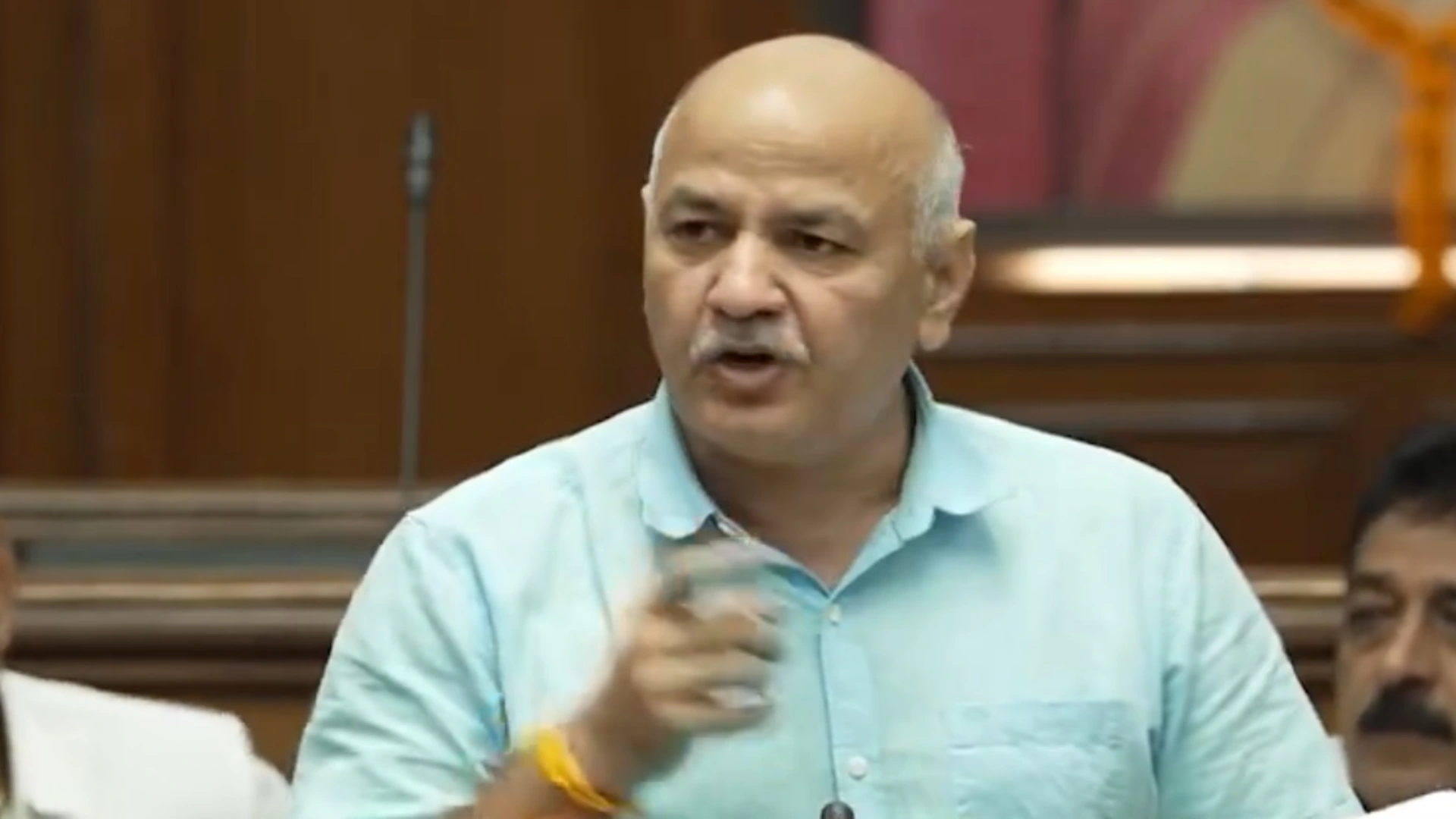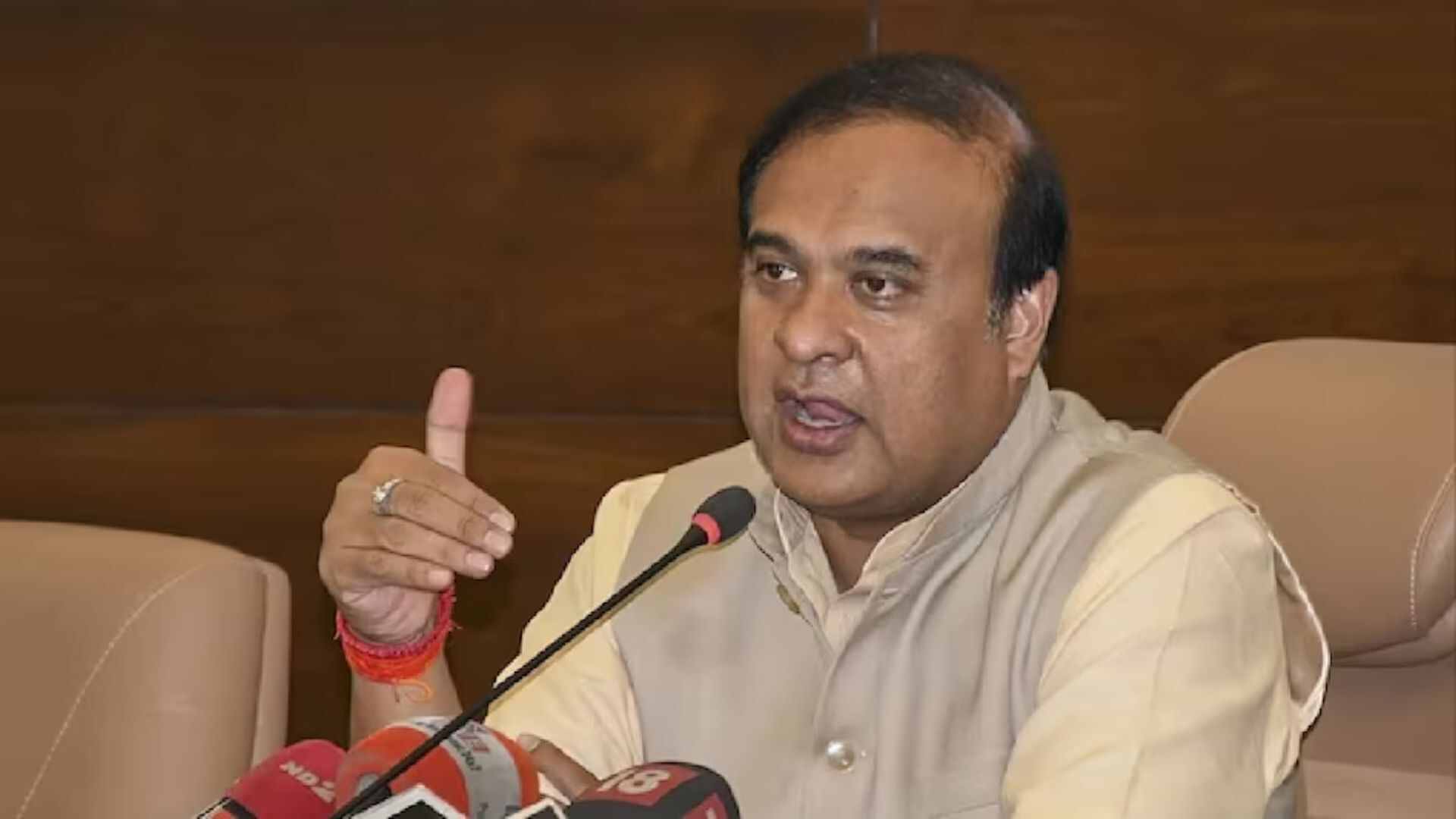The recent remarks by AAP leader Manish Sisodia during a session in the Delhi Assembly have intensified the ongoing political tussle between the Aam Aadmi Party (AAP) and the Bharatiya Janata Party (BJP). Sisodia’s comments were a direct accusation against the BJP for misusing central agencies such as the Enforcement Directorate (ED) and the Central Bureau of Investigation (CBI) to target AAP leaders. He pointed out several legal cases against AAP members, including Delhi Speaker Ram Niwas Goel and MLA Dinesh Mohaniya, suggesting that these cases are part of a larger conspiracy to undermine AAP’s leadership in Delhi.
WATCH VIDEO:
VIDEO | "You (Ram Niwas Goel) are the Speaker and you are neutral, but they (BJP) have also registered two cases against you. Two cases were also registered against Rituraj Jha, but he has been discharged. Nine cases were also registered against Dinesh Mohaniya. Out of these nine… pic.twitter.com/bmknLksbDf
— Press Trust of India (@PTI_News) September 27, 2024
During his address, Sisodia referenced how multiple cases had been registered against AAP leaders, with many of these dismissed, implying selective targeting by central agencies controlled by the BJP. Sisodia’s allegations are consistent with AAP’s long-standing claims that the BJP has used these agencies as political tools to suppress opposition leaders. He pointed out that while AAP leaders face legal scrutiny, many have been acquitted or discharged in most of the cases filed against them, illustrating what he described as a politically motivated misuse of the law.
Here are the legal cases against Sanjay Singh, Ram Niwas Goel, and Dinesh Mohaniya, as highlighted in the political and legal context involving the Aam Aadmi Party (AAP):
1. Sanjay Singh:
Excise Policy Case: Sanjay Singh, an AAP Member of Parliament, has been under investigation in the alleged Delhi excise policy scam. This case revolves around alleged irregularities in the formulation and implementation of the Delhi government’s liquor policy, where central agencies like the Enforcement Directorate (ED) and Central Bureau of Investigation (CBI) have accused AAP leaders, including Singh, of financial misappropriations. Singh has maintained that these allegations are part of a politically motivated effort to damage AAP’s credibility.
2. Ram Niwas Goel:
Cases of Criminal Trespassing and Assault: Delhi Speaker Ram Niwas Goel had been embroiled in a criminal case involving trespassing and assault. In 2015, Goel was accused of leading a mob that trespassed into a realtor’s office in East Delhi, ransacked the premises, and assaulted the occupants. Goel was found guilty of criminal trespass and sentenced to six months in jail in 2019. However, he continued to hold the position of Speaker and appealed the conviction.
3. Dinesh Mohaniya:
Multiple Allegations of Assault and Intimidation: Dinesh Mohaniya, an AAP MLA, had nine cases registered against him, including charges of sexual harassment, assault, and intimidation. One of the prominent cases involved allegations of assaulting a woman who had visited him with a complaint related to water supply issues. Over time, eight out of these nine cases have been dismissed by the courts, with Mohaniya being acquitted in most of the charges. The remaining legal issues are seen by AAP as politically motivated
The backdrop of these statements is a broader political narrative that has been playing out between the BJP-led central government and the Delhi state government. For years, AAP has accused the BJP of using its influence over central authorities to stifle the Delhi government’s functioning. Sisodia specifically criticized how Delhi’s Lieutenant Governor (LG), who represents the central government, allegedly controls key administrative functions, limiting AAP’s ability to govern effectively. This accusation of “unconstitutional control” over Delhi officers is not new; Sisodia and other AAP leaders have consistently highlighted how the LG’s office has been used to sideline elected representatives in Delhi.
The most recent developments in this ongoing conflict came after Delhi Chief Minister Arvind Kejriwal secured interim bail in a case related to the Delhi excise policy scandal. Sisodia, who himself spent months in jail over the same issue, linked this case to the broader strategy by the BJP to weaken AAP’s position. Sisodia argued that the BJP’s inability to defeat AAP electorally in Delhi and Punjab led to these legal attacks, further alleging that these cases are politically fabricated.
The tension between AAP and the BJP has escalated in recent months with key leaders, including Sisodia and AAP MP Sanjay Singh, coming under investigation. These investigations, particularly around the excise policy case, have dominated political headlines, with AAP leaders frequently accusing the BJP of vendetta politics. In response, BJP leaders have consistently argued that the cases are based on legitimate legal concerns, dismissing AAP’s allegations of political persecution.
In his Assembly speech, Sisodia’s reference to dismissed cases against AAP leaders was not just a defense of the party but also an attempt to highlight what AAP sees as inconsistencies in the application of the law. For example, Dinesh Mohaniya, who faced nine cases, was acquitted in eight, raising questions about the motivations behind these legal actions. This narrative of persecution has been central to AAP’s strategy to defend its leaders against ongoing legal challenges.
Also read: First Bangladeshi Padma Hilsa Arrives in West Bengal Ahead of Durga Puja Festivities
The broader implications of this ongoing conflict between AAP and the BJP extend beyond individual legal battles. The Delhi Assembly elections scheduled for early 2025 will be a significant battleground, and both parties are gearing up for what is expected to be a fierce contest. With AAP’s political future in Delhi at stake, the outcome of these legal cases could have far-reaching consequences, both for the party’s leadership and its ability to contest upcoming elections.
In conclusion, Sisodia’s remarks underscore a larger political battle between AAP and BJP, one that has seen legal systems and central agencies become focal points in a war for political dominance in the capital. The accusations of misuse of power and central agencies will likely continue to dominate Delhi’s political discourse in the lead-up to the next major electoral contest.







